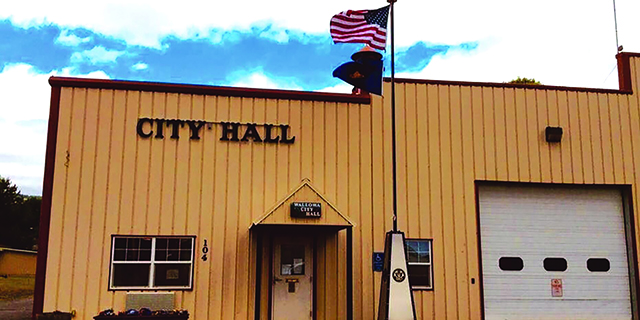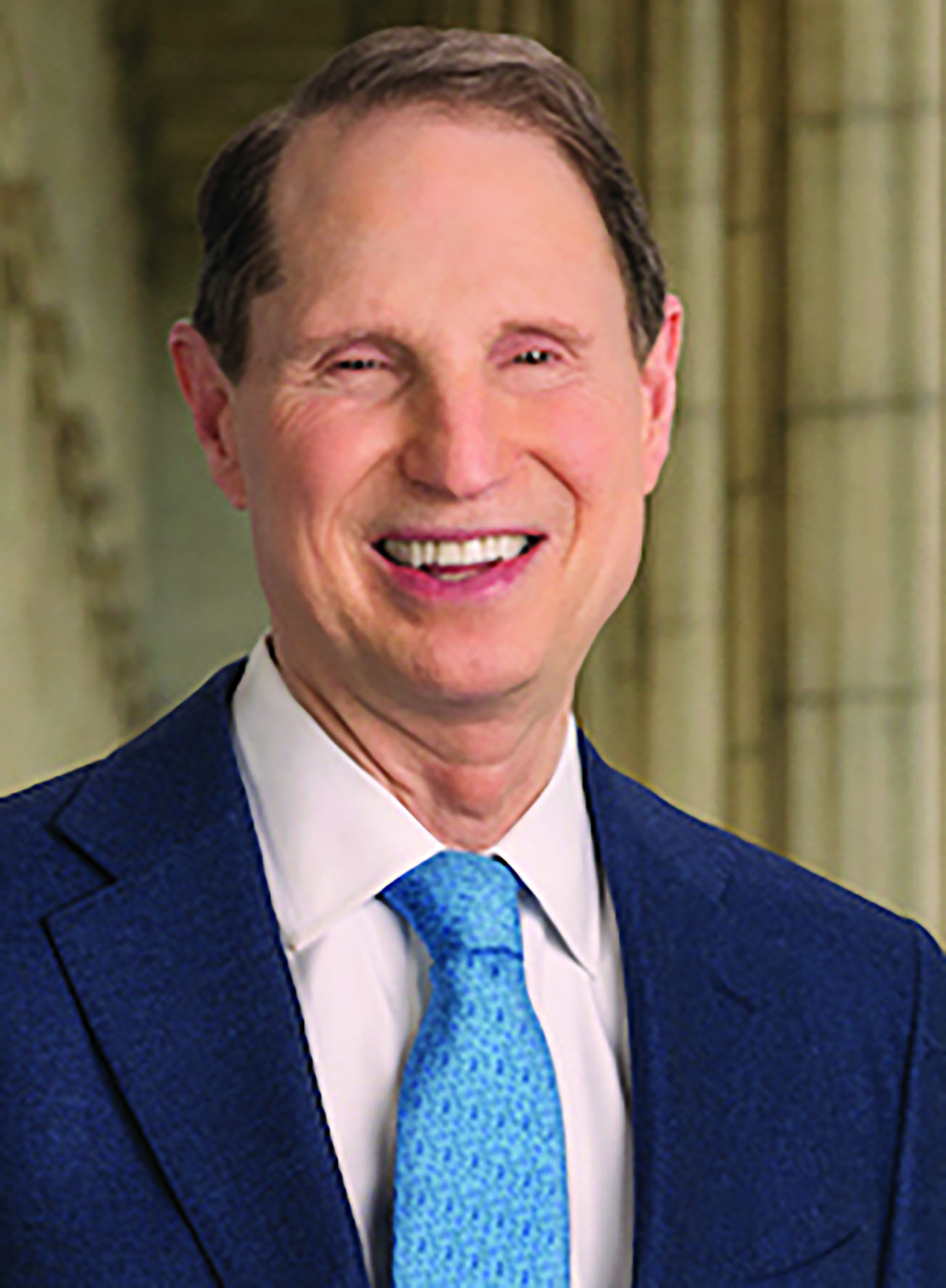Dickens, wisdom and the American character
Published 8:39 am Tuesday, December 27, 2016
For about two years now, I have devoted all my leisure literary reading to the consumption of the works of Charles Dickens, my favorite novelist. I have been proceeding steadily and contentedly through a 30-volume set that includes all of Dickens’ novels and many of his short stories, as well as a few non-fictional pieces.
In Volume 27, in a travel journal called “American Notes,” Dickens recounted events during a six-month long excursion that he made to the United States and Canada in 1842. Toward the end of the journal, he made some general observations about Americans that might still give us reason to pause for consideration 175 years later.
Trending
Speaking broadly of the American people, Dickens wrote: “They are, by nature, frank, brave, hospitable, and affectionate. Cultivation and refinement seem to enhance their warmth of heart and ardent enthusiasm; and it is the possession of these latter qualities in a most remarkable degree which renders an educated American one of the most endearing and most generous of friends…These qualities are natural, I implicitly believe, to the whole people. That they are, however, sadly sapped and blighted in their growth among the mass; and that there are influences at work which endanger them still more, and give but little present promise of their healthy restoration, is a truth that ought to be told…”
Addressing his American readers directly, Dickens admonished: “One great blemish in the popular mind of America, and the prolific parent of an innumerable brood of evils, is Universal Distrust … By repelling worthy men from your legislative assemblies,
it has bred up a class of candidates for the suffrage, who, in their every act, disgrace your Institutions and your people’s choice. It has rendered you so fickle, and so given to change, that your inconstancy has passed into a proverb; for you no sooner set up an idol
firmly than you are sure to pull it down and dash it into fragments … Any man who attains a high place among you, from the President downward, may date his downfall from that moment; for any printed lie that any notorious villain pens, although it militate directly against the character and conduct of a life, appeals at once to your distrust, and is believed…”
“Another prominent feature,” Dickens cautioned us, “is the love of ‘smart’ dealing; which gilds over many a swindle and gross breach of trust; many a defalcation, public and private; and enables many a knave to hold his head up with the best, who well
deserves a halter; though it has not been without its retributive operation, for this smartness has done more in a few years to impair the public credit, and to cripple the public resources, than dull honesty, however rash, could have effected in a century. The
Trending
merits of a broken speculation, or a bankruptcy, or of a successful scoundrel, are not gauged by its or his observances of the golden rule, ‘Do as you would be done by,’ but are considered with reference to their smartness…”
“The following dialogue I have held a hundred times,” Dickens continued. “Is it not a very disgraceful circumstance that such a man as So-and-so should be acquiring a large property by the most infamous and odious means, and, notwithstanding all the
crimes of which he has been guilty, should be tolerated and abetted by your citizens? He
is a public nuisance, is he not?”
“Yes, sir.”
“A convicted liar?”
“Yes, sir.”
“And he is utterly dishonorable, debased, and profligate?”
“Yes, sir.”
“In the name of wonder then, what is his merit?”
“Well, sir, he is a smart man.”
Perhaps I am just acutely sensitive these days to the word “smart” after having heard our president-elect make the self-congratulatory claim to that attribute on the basis of his avoidance of federal income taxes, but I cannot help but find current relevance in Charles Dickens’ words of wisdom regarding the merits and foibles of our national character.
■
John McColgan writes from his home in Joseph.









